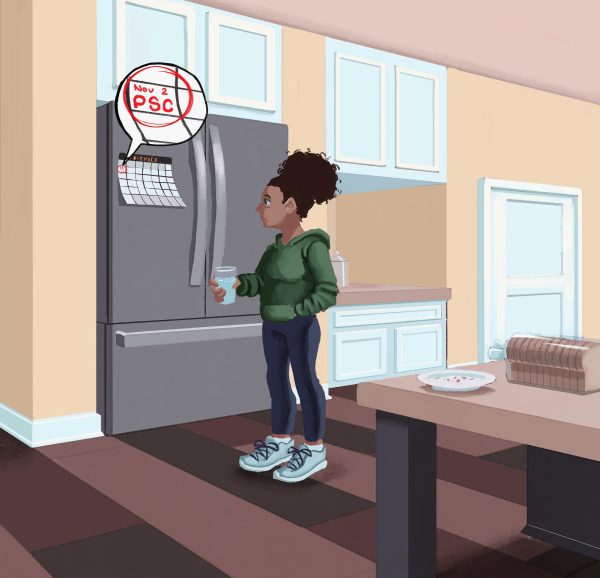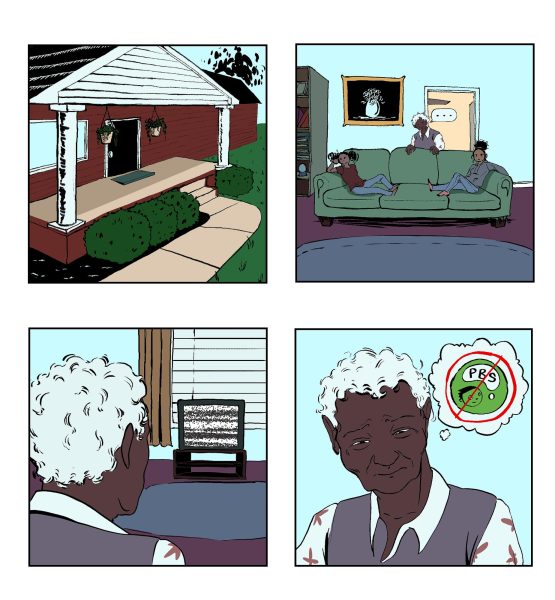What is the SB1029 Texas Bill, and what will it affect?
The Texas Senate has introduced the SB1029 bill, which aims to prevent state-funded health insurance from covering gender-affirming care. This would include surgeries that sterilize patients, such as vasectomies, hysterectomies, and other surgeries. Also, this would prevent the prescription and supply of drugs that induce infertility, such as puberty-blocking medication, doses of testosterone to women, and doses of estrogen to men.
The bill not only prevents state-funded health insurance to cover those procedures but also makes it so doctors that perform gender-affirming procedures are liable for malpractice claims and the patient’s medical and pharmaceutical costs as well as their mental health. The effect of this is that doctors will become wary of providing gender-affirming care.
According to the bill, these regulations are being introduced because doctors providing gender-affirming care believe it is more financially beneficial for them. Also, those involved in the ratification of the bill claim that there is a conflict of interest because the treatments and procedures create a lifelong patient, as they need follow-up visits after the gender-affirming care and procedures are done.
According to a Kxans article, Allison Chapman, a transgender activist and independent legislative researcher believes that doctors are not going to feel comfortable providing gender-affirming care.
“We don’t know other medical procedures that say that you’re going to be liable for everything forever,” said Chapman.
The article also heightens this point by pointing out that knee replacements have a regret rate of 18%, and yet doctors do not have to pay to reverse it. In comparison, gender-affirming surgeries have a regret rate of around 1%.
This bill is harmful to the transgender community in Texas, and the legislation will also affect cis-gendered individuals seeking treatment. For example, vasectomies and hysterectomies, which are impacted by this bill, are often utilized by the cisgender community.
As more states continue to fight against the transgender community and more bills are introduced, the community will have to work together to show that they are not accepting of these harmful bills.










